QuestionHi, i just adopted a 6 month old lab/german sheperd mix about two weeks ago. He is so sweet, adorable and for the most part very very well behaved. I fostered him for a few days before actually adopting him. The foster agency states that he was rescued from a shelter. Only at shelter for about a week at 4 1/2 months old before being taken in by the rescue agency. Before the shelter, I beleive he had owners that abandoned him, becasue the shelter says he was "found". Who knows how much is true, but this is the info i've been given. He does seem like he has been loved and taken good care of: he is housetrained and loves to socialize with other dogs. We have off-leash ours twice a day at a gorgeous 500 acre park where i live and he is there eash day with me.
So he's fixed and has all shots. So my question is about his separation anxiety and recent "acting out behavior" getting into the trash when we leave the house. Now, he just started this about 3 days ago -- and its not each and evedry time I leave. Maybe one our of three times. He also follows me from room to room when I am home. ALways wants to be with me, which i don't mind at all, but i feel bad for him that he isn't always at ease in another room. When he is exhausted he'll be in a separate room sleeping, but only then. And he does sleep through the night and doesn't sleep with me becasue i have a lofted bed.
So any help would be great about the separation anxiety. I have a crate that was given to me from the foster agency, but only used a couple first days when i would leave. He didn't like it and it seemed to stress him out more. I read today that puppies with separtation anxiety shouldn't be crate trained neccesarily. But I am of course willing to do it to help him with his feelings. Any opinions on this?
Sorry so long, but I figured the more info the better?
Thanks!
AnswerHave you talked to the rescue agency? A good one will provide ongoing advice to help make the placement successful. They do not want the dog back because of a problem they could have helped with. It is one of the big advantages of adopting from a rescue rather than a shelter.
I find a lot of dog advice that differs from my extensive experience applying what I have been trained. There is an amazing amount of misinformation about dogs. Not using a crate with separation anxiety is part of it. Actually I don't like that phrase. It is psycho bauble for the principle that dogs are pack animals and need companionship. They are also denning animals and a crate helps them cope with being left alone. What the puppy wants more than anything else is to be others, you, anyone else in the
household, and any other pets. In our modern society, even if we are home,
other things distract us from the attention an uncrated puppy must have. The
only real solution is to crate the dog when you aren't around. The dog may be
happier in its den than loose in the house. It relaxes, it feels safe in its
den. It rests, the body slows down reducing the need for water and relieving
its self. Dogs that have been crated all along do very well. Many of them
will rest in their crates even when the door is open. I think the plastic
ones give the dog more of a safe, enclosed den feeling. Metal ones can be put
in a corner or covered with something the dog can't pull in and chew. Select
a crate just big enough for the full grown dog to stretch out in.
Leave it some toys. Perhaps a Kong filled with peanut butter. Don't leave
anything in the crate the dog might chew up. It will do fine without even any
bedding. You will come home to a safe dog and a house you can enjoy.
The "shut the puppy in a safe room" is a fallacy. Very few houses even have a
safe room. How many of us have a room with a hard surfaced floor and nothing
else? Most rooms have electrical cords to chew if nothing else. In addition
to destroying anything a bored puppy finds to chew, it may choke or have
intestinal blockage from the pieces. I had a friend that left her dog in a
"safe" room. It ate a hole in the floor covering. The safe rooms fail to
give the dog the comfort of the enclosed space their instinct requires. Nor
do they restrict activity extending the time the dog can go without relieving
itself.
I am sure the rescue kept the dog in a crate, and they gave you the crate because the dog was used to being left in it. May even be the crate it lived in at the rescue. Ignore anymore advice from whoever questioned using the crate. Work with the rescue and me.
Thank you for adopting. It breaks my heart to know so manydogs are slaghtered for lack of good homes. I answer all the questions I get to the best of my ability, but put special effort into helping those that have adopted. And yes, send a long question. I would much rather spend a few seconds reading a longer question than a half hour writing several answers to cover several possibilities. Some questions leave out the age, sex, and breed.

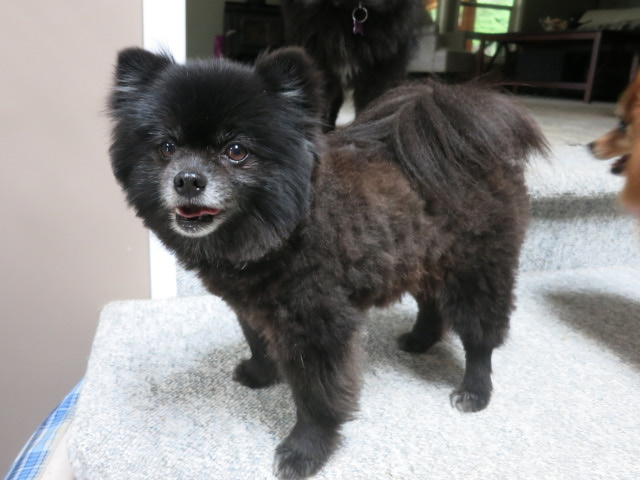 Will my Pomeranian loose his hair
Question
My Pomeranian`s hair c
I have a 5 year
Will my Pomeranian loose his hair
Question
My Pomeranian`s hair c
I have a 5 year
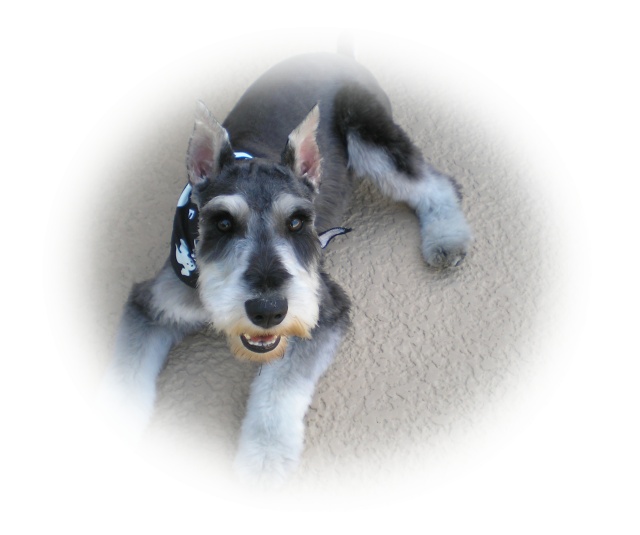 mini-schnauzer limping not able to put full weight on leg
Question
Willy
A couple of hours ago, I walked my 14mon
mini-schnauzer limping not able to put full weight on leg
Question
Willy
A couple of hours ago, I walked my 14mon
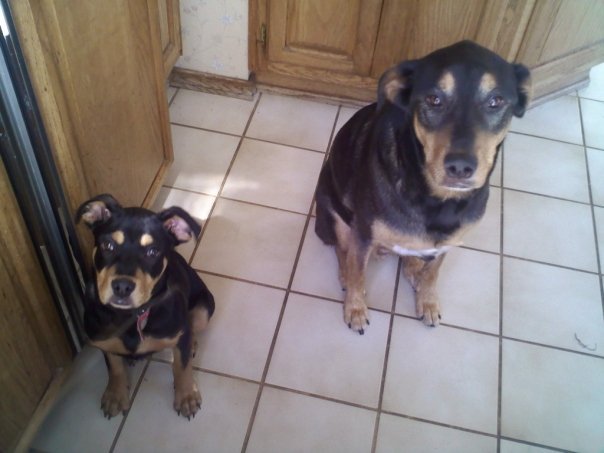 Dominant dog issues
Question
my 2 dogs
I have a 6 year old rottie/shepard m
Dominant dog issues
Question
my 2 dogs
I have a 6 year old rottie/shepard m
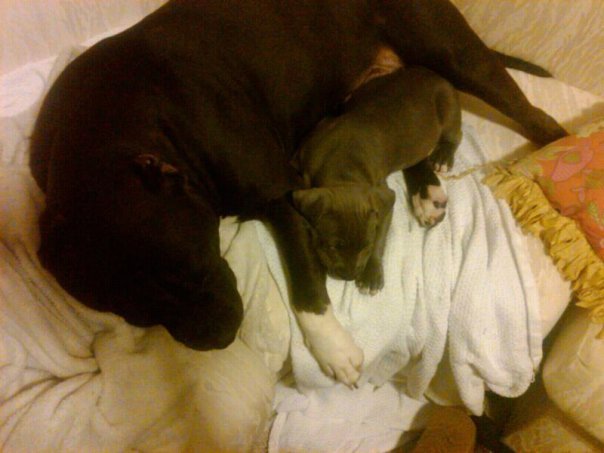 Dog aggression towards puppy
Question
The father and his pup
My older dog is an Amer
Dog aggression towards puppy
Question
The father and his pup
My older dog is an Amer
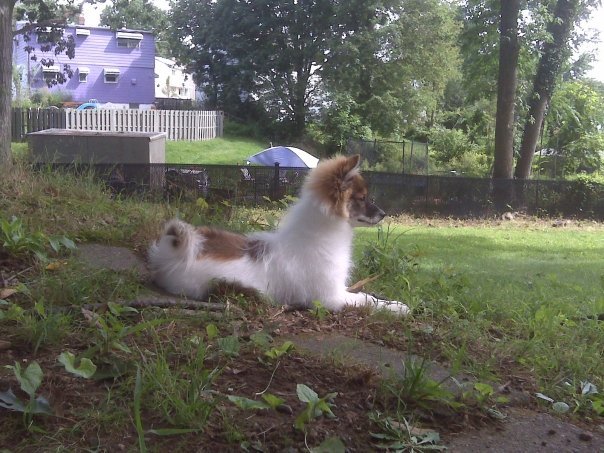 Not sure what my dog is
Question
Ella
I adopted my dog through a rescue s
Not sure what my dog is
Question
Ella
I adopted my dog through a rescue s